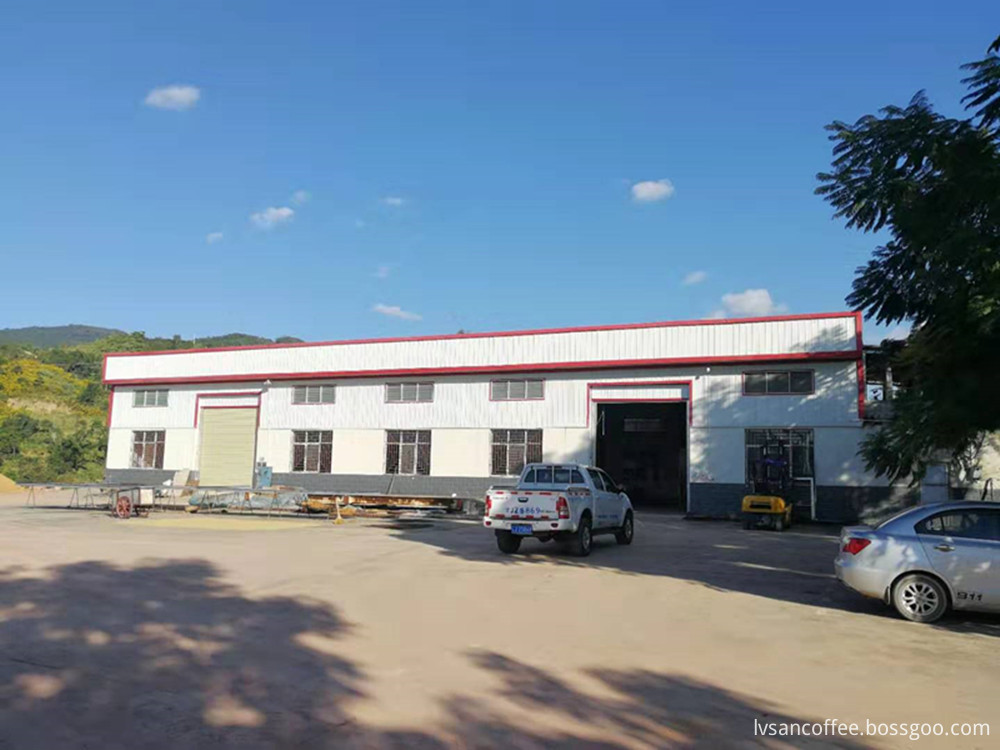To effectively address the issue of root rot in vegetable seedlings, especially during the nursery stage, where rot is common and significantly affects plant growth, it's essential to understand the underlying causes. Root rot typically occurs due to several factors: low soil temperature, insufficient light, excessive moisture in the seedbed, and poor air circulation, which leads to weak seedlings that are more prone to disease. Symptoms include reddish-brown discolored roots, slow growth after emergence, and in severe cases, stunted or halted development. Leaves often appear pale green and gradually turn yellow, eventually leading to wilting and plant death.
To prevent and manage this problem, a comprehensive approach is recommended. First, incorporating well-decomposed organic fertilizers—especially hot manure—into the seedbed can improve seedling resilience, raise soil temperature, and reduce the risk of disease. Before planting, mix finely crushed hot manure with the bed soil at a ratio of 5:1 to create a nutrient-rich, warm growing medium. It's best to minimize the use of nitrogen-based fertilizers as a base fertilizer, as excess nitrogen can weaken plants. Always ensure that the organic material is fully decomposed, and consider using a microbial starter to avoid "seedling burn" and nutrient loss.
Watering should be carefully managed. In greenhouses or controlled environments, water only when the topsoil is not visibly dry. Avoid overwatering, as excessive moisture creates ideal conditions for root rot. Instead, maintain a balanced moisture level that supports healthy root development without saturation.
Ventilation is also crucial. Once the cotyledons have unfurled, choose a sunny and warm day to open the cover for airflow. Lightly sprinkle a layer of dry soil over the seedbed before re-covering. This helps lower humidity and increase soil temperature, creating a more favorable environment for strong root growth.
Another effective strategy is the use of root-stimulating agents containing beneficial microbes. These products enhance the soil’s microecology, promote early germination, and strengthen weak seedlings. A high-quality root enhancer can both prevent and treat root rot. For example:
- **At seeding:** Mix 50ml of the product with 10–20 times water and blend into 50kg of nutrient-rich soil or 4–5m² of seedbed. This promotes rapid, uniform germination and prevents weak seedlings.
- **During seedling stage (after 2 leaves):** Dilute the product 30 times and apply 5–10kg per square meter through watering or spraying. This encourages main root elongation, increases lateral roots, and boosts overall root strength, helping to prevent rot and develop robust seedlings.
By combining proper soil preparation, careful watering, adequate ventilation, and the use of biological stimulants, you can significantly reduce the occurrence of root rot and ensure healthier, stronger seedlings.
Green Coffee Beans
China Green Coffee Beans
flavor: mellow and balanced, with fruit acid flavor, nuts, honey, chocolate, citrus;
Variety:Aribica
processing method: washing;
water content: less than 12%;
packaging: 60kg / bag

In 1892, French missionary father Tian Daneng preached in Dali, Yunnan Province, China. In order to drink coffee, he taught local villagers to grow and drink coffee. Up to now, coffee has been planted in Yunnan Province of China for more than 100 years, with an area of 120000 mu. Most of the varieties planted in Yunnan are ccatimor, with an altitude of 1000-1500m, The coffee produced in Yunnan has a balanced taste, rich nut and citrus flavor, some of which are very sweet, with obvious taste of chocolate, toffee and maple sugar. It is one of the high-quality coffee producing areas. Our coffee is produced at the junction of Puer and Burma - the Myitkyina original jungle beans at 1500-1750, with a rich flavor, high aroma and high sweetness. The 2019 international coffee cup Masters Tournament (China finals) is sponsored by beans.
Green Coffee Beans,Unroasted Coffee Beans,Organic Green Coffee Beans,Freshly Roasted Coffee Beans
Yunnan New Biology Culture Co,.Ltd , https://www.lvsancoffee.com
